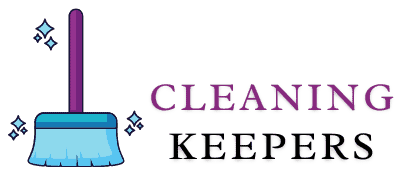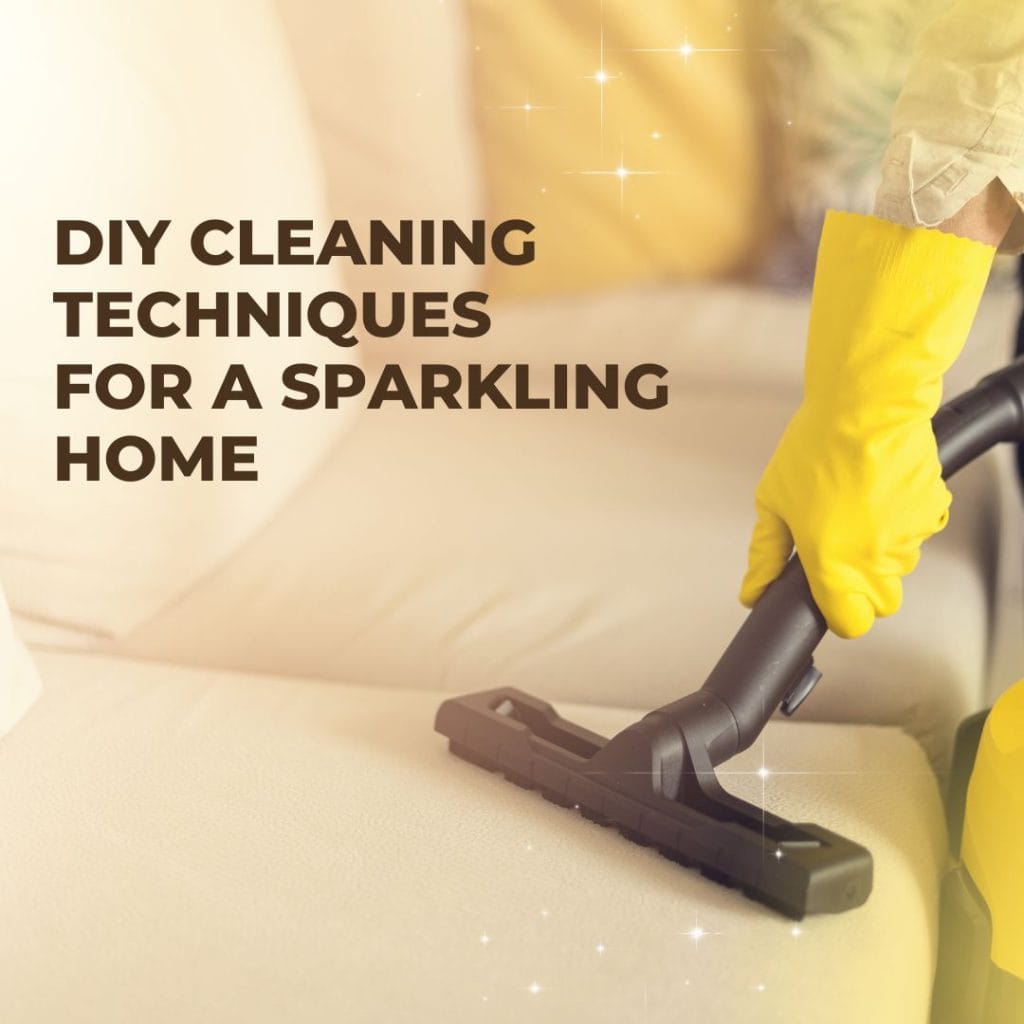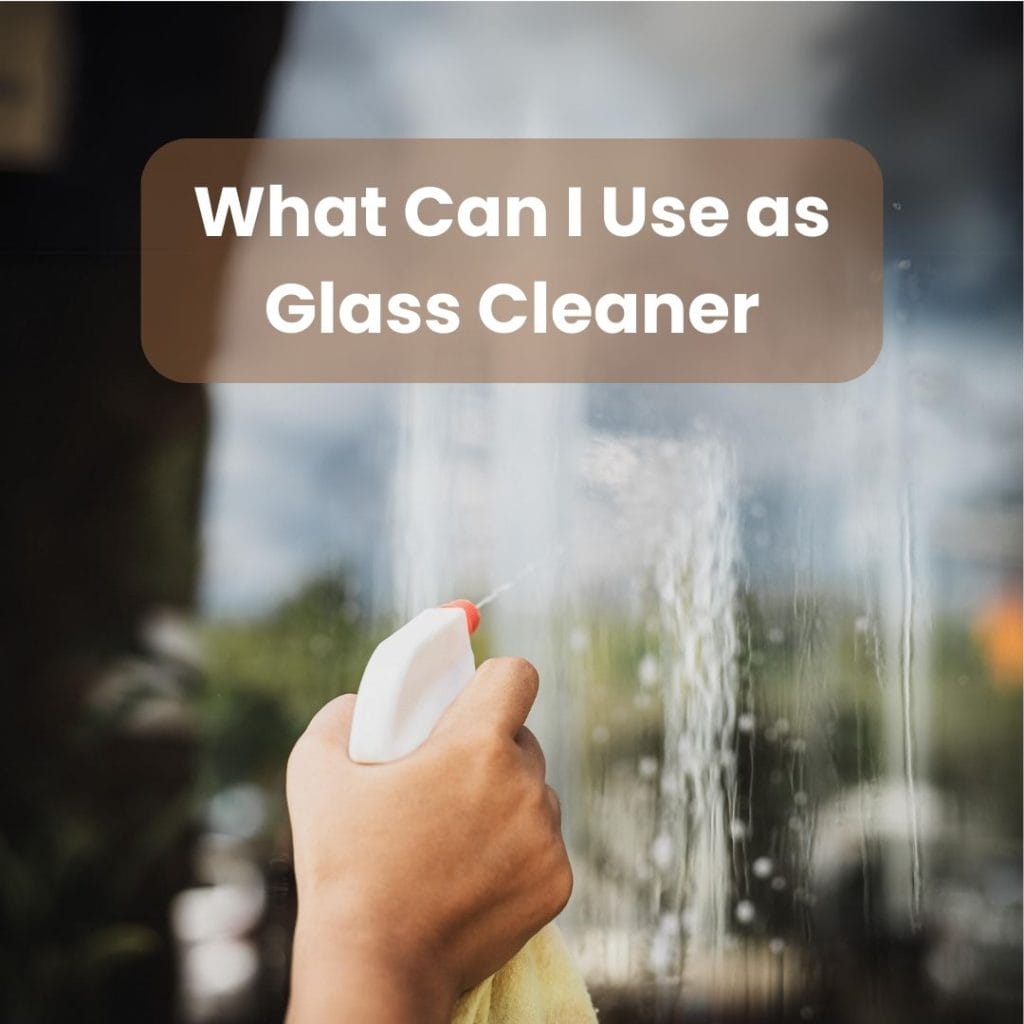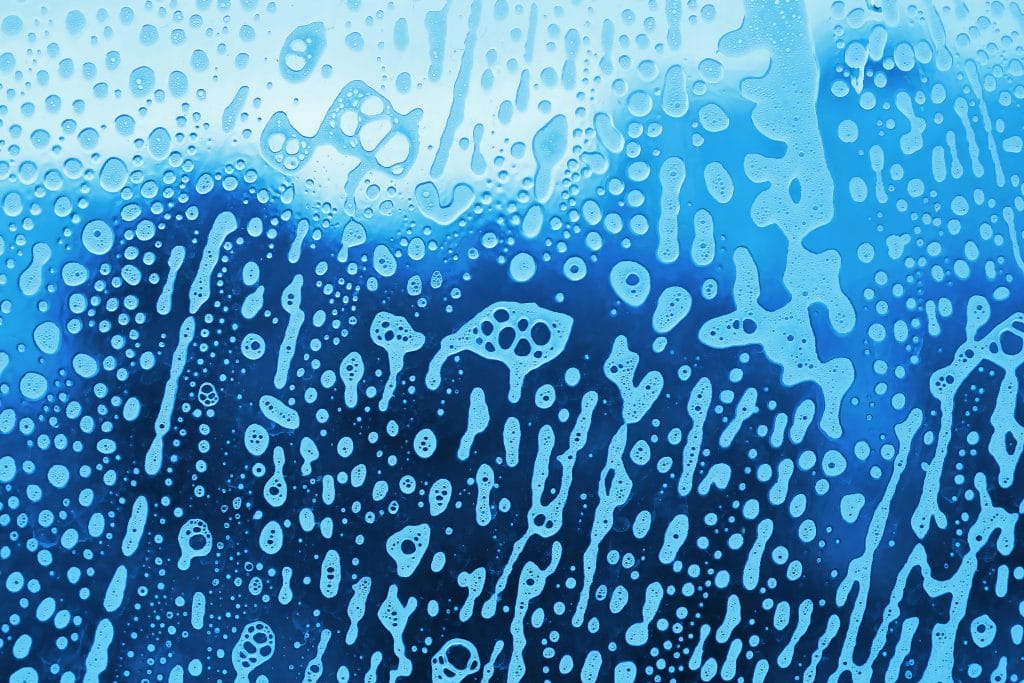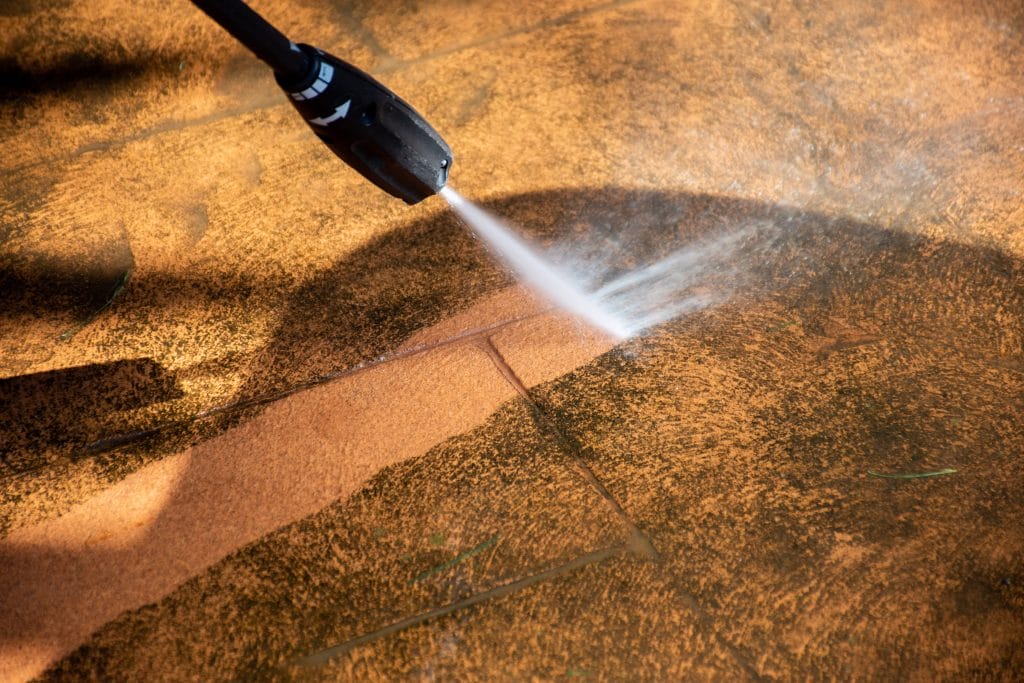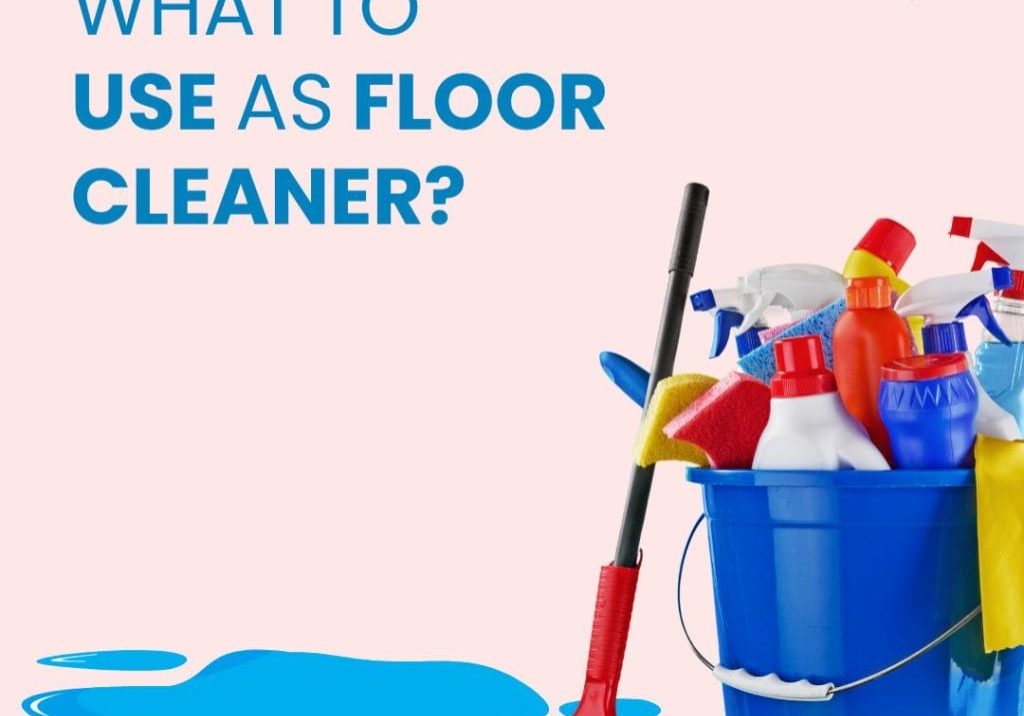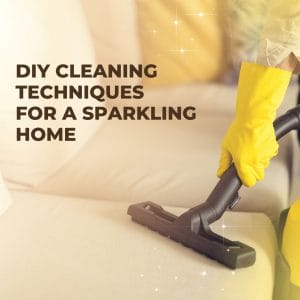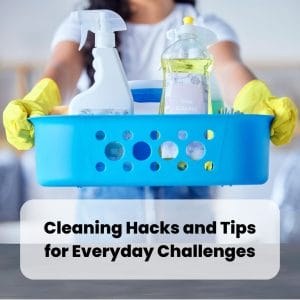Cleaning glass surfaces effectively while maintaining their shine can be a challenging task. It’s important to use a suitable cleaner that not only cleans but also preserves the gloss and transparency of the glass. While there are numerous commercial glass cleaners available in the market, you may also find effective cleaning solutions within your own household. The following sections will discuss some common household items which can be used as glass cleaners, offering a cost-effective and convenient solution to keep your glass surfaces spotless and shining.
Conventional Glass Cleaners
Commercial glass cleaner is specially formulated to clean glass surfaces, removing any dirt, grime, or fingerprints without leaving behind any streaks. They often contain ammonia or vinegar as active ingredients which help dissolve grease and stains quickly while providing effective disinfection. These cleaners come in various forms such as liquids, sprays, wipes, and concentrates. While they are specifically designed for glass, they can also be used on other surfaces like mirrors and chrome. Most commercial cleaners have added fragrances which leave a pleasant smell after use.
However, these cleaners may contain harsh chemicals that can cause skin or eye irritation, making them unsuitable for people with sensitive skin.
Pros:
- Specially formulated for glass cleaning, providing effective results
- Quick and easy to use with no preparation required
- Available in different forms and fragrances to suit personal preferences
- Convenient availability in supermarkets and hardware stores
Cons:
- May contain harsh chemicals that can cause skin or eye irritation
- Can be expensive if used frequently
- Not environmentally friendly due to harsh ingredients and plastic packaging
Need for Alternative or Homemade Glass Cleaners
While commercial glass cleaners provide efficient results, they may not be the ideal choice for everyone. Some people might have allergies or sensitivities to certain chemicals present in these cleaners. Moreover, continuous use of commercial cleaners can also lead to environmental concerns due to their harsh chemical compositions and non-biodegradable plastic packaging.
Homemade glass cleaners can provide a natural, cost-effective, and environmentally friendly alternative to commercial cleaners. They often use simple ingredients that are readily available in most households, making them a convenient and safe option for cleaning glass surfaces. The following section will discuss some common household items that can be used as glass cleaners.
Household Items that can be used as Glass Cleaners
Vinegar – Vinegar has been long used as an all-purpose cleaning agent due to its acidic nature, making it ideal for breaking down dirt and grime on glass surfaces. It also helps to disinfect the surface, leaving a streak-free shine. To use vinegar as a glass cleaner, mix equal parts of water and white vinegar in a spray bottle and use it like any other glass cleaner.
Rubbing Alcohol – Rubbing alcohol is another effective cleaner that can be used to remove stubborn stains and grease from glass surfaces. It is also known for its disinfecting properties, making it an ideal choice for cleaning bathroom mirrors or windows. To use rubbing alcohol as a glass cleaner, mix equal parts of water and isopropyl alcohol in a spray bottle and use it to wipe the surface.
Lemon Juice – Lemon juice is an excellent natural degreaser that can also be used as a glass cleaner. It not only helps to remove dirt and grime but also leaves behind a fresh citrus smell. To use lemon juice as a glass cleaner, mix equal parts of water and lemon juice in a spray bottle and use it to clean the surface.
Baking Soda – Baking soda is a versatile household item that can be used for various cleaning purposes, including glass surfaces. It helps to remove tough stains, grease, and grime while also providing a gentle abrasive action for a thorough clean. To use baking soda as a glass cleaner, mix equal parts of water and baking soda to form a paste and apply it on the surface using a sponge or cloth. Wipe off with a clean damp cloth.
Options for Homemade Glass Cleaners
In this section, we explore several options for homemade glass cleaners that are simple to prepare and use. These alternatives not only effectively clean your glass surfaces but also ensure you are using safe and environmentally friendly ingredients.
Vinegar and Water
To create a simple yet effective homemade glass cleaner, all you need is vinegar and water. First, you need to find a clean, empty spray bottle, preferably one that can hold at least 16 ounces. Fill this bottle halfway with distilled white vinegar. Then fill the rest of the bottle with distilled water. Once the bottle is full, give it a good shake to mix the vinegar and water. Your homemade glass cleaner is now ready to use.
Baking Soda and Water
Creating a homemade glass cleaner with baking soda and water is quite straightforward. You’ll need a clean, empty spray bottle for this method. Begin by adding one tablespoon of baking soda into the bottle. Then, fill the bottle with warm distilled water. Shake the bottle vigorously until the baking soda is completely dissolved. Your baking soda-water glass cleaner is now ready for use.
Lemon Juice and Water
To make a homemade glass cleaner using lemon juice, first gather your supplies: a clean, empty spray bottle and fresh lemons. Squeeze enough lemons to fill about one-third of the spray bottle with lemon juice. Then fill the remainder of the bottle with distilled water. Secure the lid and shake well to thoroughly mix the ingredients. The acidity of the lemon juice is great for breaking down grease and grime on glass.
Rubbing Alcohol and Water
Rubbing alcohol, also known as isopropyl alcohol, combined with water makes an excellent glass cleaner due to its quick-drying nature that leaves no streaks. To make this cleaner, you’ll need a clean, empty spray bottle. Start by adding one part of rubbing alcohol to one part of distilled water. For a more pleasant fragrance, you can add a few drops of essential oil, such as lavender or peppermint. After you’ve added all the ingredients to the spray bottle, secure the lid and give it a good shake to mix everything together. To use it, simply spray the solution onto the glass surface and wipe it off with a clean, lint-free cloth for a streak-free shine.
Comparisons
The effectiveness of each homemade glass cleaner can vary depending on the type and amount of dirt present on the glass surfaces.
Vinegar and Water
This solution is highly effective in removing grease and grime due to the acidic nature of vinegar. It also leaves a streak-free shine on the glass. However, it may leave a strong vinegar smell, which some people might find unpleasant.
Baking Soda and Water
Baking soda acts as a mild abrasive, which can effectively scrub off harder stains. This solution is ideal for cleaning heavily-soiled glass surfaces. However, it might require a bit more effort to wipe off and might not leave the glass as streak-free as the vinegar solution.
Lemon Juice and Water
Similar to vinegar, the acidity of lemon juice makes it an excellent cleaner for cutting through grease and grime. It also leaves a pleasant citrus scent. However, it might not be as effective on heavily-soiled surfaces.
Rubbing Alcohol and Water
Alcohol evaporates quickly, preventing streaks and leaving the glass sparkling clean. It’s effective on a variety of grime, including fingerprints. The addition of essential oil can also leave a pleasant scent. However, it may not be as readily available in every household as the other ingredients.
Application and Cleaning Techniques
When using diy homemade window cleaners, it is important to know the proper application and cleaning techniques to ensure effective results. Here are some tips to keep in mind when cleaning your windows or mirrors:
- Use a soft, lint-free cloth or newspaper instead of paper towels to avoid streaking.
- Apply the cleaner evenly in a circular motion for best coverage.
- For stubborn spots or grime, let the cleaner sit for a few minutes before wiping it off.
- Wipe in one direction to avoid creating streaks.
- For larger surfaces, use a squeegee for more efficient cleaning.
- To prevent buildup of residue, wipe with a dry cloth after cleaning.
Safety Precautions for Using Glass Cleaners
While homemade glass cleaners are generally safe, it’s essential to take precautions when handling and using them. Here are some safety tips to keep in mind:
- Always label your homemade glass cleaner bottles to avoid confusion with other cleaning products.
- While vinegar and lemon juice are natural disinfectants, they may not be as effective against harmful bacteria and viruses compared to commercial disinfectants. If you need to disinfect a surface, it’s best to use a commercial product.
- When using rubbing alcohol, make sure the room is well-ventilated as the fumes can be harmful if inhaled in large amounts.
- Avoid mixing different homemade window cleaner together as they may react and produce harmful fumes.
- Keep glass cleaners out of reach of children and pets.
- When using any homemade cleaner, always do a patch test on a small area before using it on the entire surface to ensure it doesn’t damage or discolor the material.
By following these safety precautions, you can continue to enjoy the benefits of using homemade glass cleaners without any concerns. Happy cleaning! So don’t hesitate to try them out and see which one works best for you and your cleaning needs. With these simple yet effective homemade glass cleaners, you can achieve a sparkling clean without the use of harsh chemicals.
Conclusion
While commercial glass cleaners do an efficient job, they come with their own set of drawbacks such as potential health hazards and environmental concerns. The alternatives discussed above present more natural, eco-friendly, and cost-effective solutions. With ingredients commonly found in households like vinegar, baking soda, lemon juice, and rubbing alcohol, you can whip up your own glass cleaners that are safe, effective, and leave your glass surfaces sparkling clean. Remember, the effectiveness of these homemade cleaners can vary based on the type and degree of dirt and grime on the glass. Therefore, it’s worth experimenting with different solutions to find the one that works best for your specific needs.
